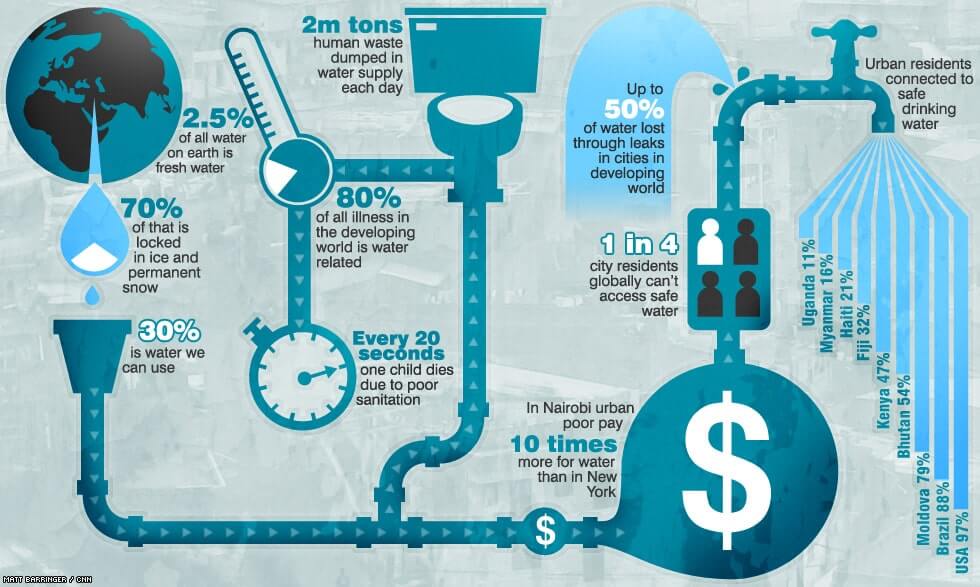Discover The Vital Strategies To Enhance The Efficiency And Lifespan Of Your Heat Pump System By Avoiding Regular Installment Errors
Discover The Vital Strategies To Enhance The Efficiency And Lifespan Of Your Heat Pump System By Avoiding Regular Installment Errors
Blog Article
Article Developed By-Saunders Ploug
When setting up a heatpump, you should steer clear of typical errors that could threaten its performance. Forgeting proper sizing may lead to ineffectiveness and higher utility prices. Neglecting insulation and sealing might cause energy wastefulness and strain on the system. Furthermore, placing the outside system inaccurately might impact its performance. By avoiding these mistakes, you can make sure optimal operating and toughness of your heat pump system.
Improper Sizing of Heat Pump
When it comes to the installment of heat pumps, among one of the most typical mistakes is improperly sizing the device for your room. Ensuring the right size is critical for optimal performance. If the heat pump is too little, it will struggle to warmth or cool your space effectively, causing raised energy expenses and possible damage on the unit.
On the other hand, if the heatpump is also big, it will certainly cycle on and off often, triggering temperature level fluctuations and lowering its life expectancy.
To prevent this mistake, it's vital to have a professional evaluate your area and recommend the suitable size of the heatpump based upon aspects like square footage, insulation, ceiling height, and regional environment. By investing the time and initiative to guarantee the appropriate sizing, you can take pleasure in a comfortable setting while making the most of power performance and prolonging the life-span of your heat pump.
Inadequate Insulation and Sealing
To make sure the effective operation of your heatpump, it's critical to resolve insufficient insulation and securing in your area. Proper insulation assists keep a regular temperature indoors, minimizing the workload on your heat pump. best heat pumps can bring about power loss, making your heatpump work harder and much less effectively.
Securing any voids or leakages in your space is equally crucial. These spaces permit conditioned air to leave and outdoor air to leak in, requiring your heatpump to compensate for the temperature level fluctuations.
Incorrect Positioning of Outdoor Device
Attending to the placement of your heatpump's exterior unit is crucial to enhancing its efficiency. Setting up the outdoor system in a wrong area can cause effectiveness concerns and possible damages to the system.
One typical mistake to stay clear of is putting the outdoor unit too close to a wall surface or various other structures. This can restrict air flow, causing the unit to function tougher to heat or cool your area, eventually minimizing its effectiveness and lifespan.
An additional error to stay away from is placing the outdoor system in direct sunshine. While some sunlight is inescapable, excessive exposure can cause overheating, specifically throughout warm summer season days. It's best to place the outside unit in a shaded area to assist maintain its optimum operating temperature.
Additionally, make certain that the exterior device is positioned on a stable and degree surface. https://www.bobvila.com/articles/how-much-to-budget-for-home-maintenance/ can create vibrations and unnecessary pressure on the device, impacting its performance gradually.
Final thought
To conclude, preventing common errors during heatpump installation is important for making the most of efficiency and longevity of your system. By guaranteeing proper sizing, appropriate insulation, sealing, and right placement of the outside device, you can protect against issues such as inefficiencies, raised power bills, and pressure on the unit. Making the effort to deal with these crucial elements will eventually conserve you money and time in the future.
